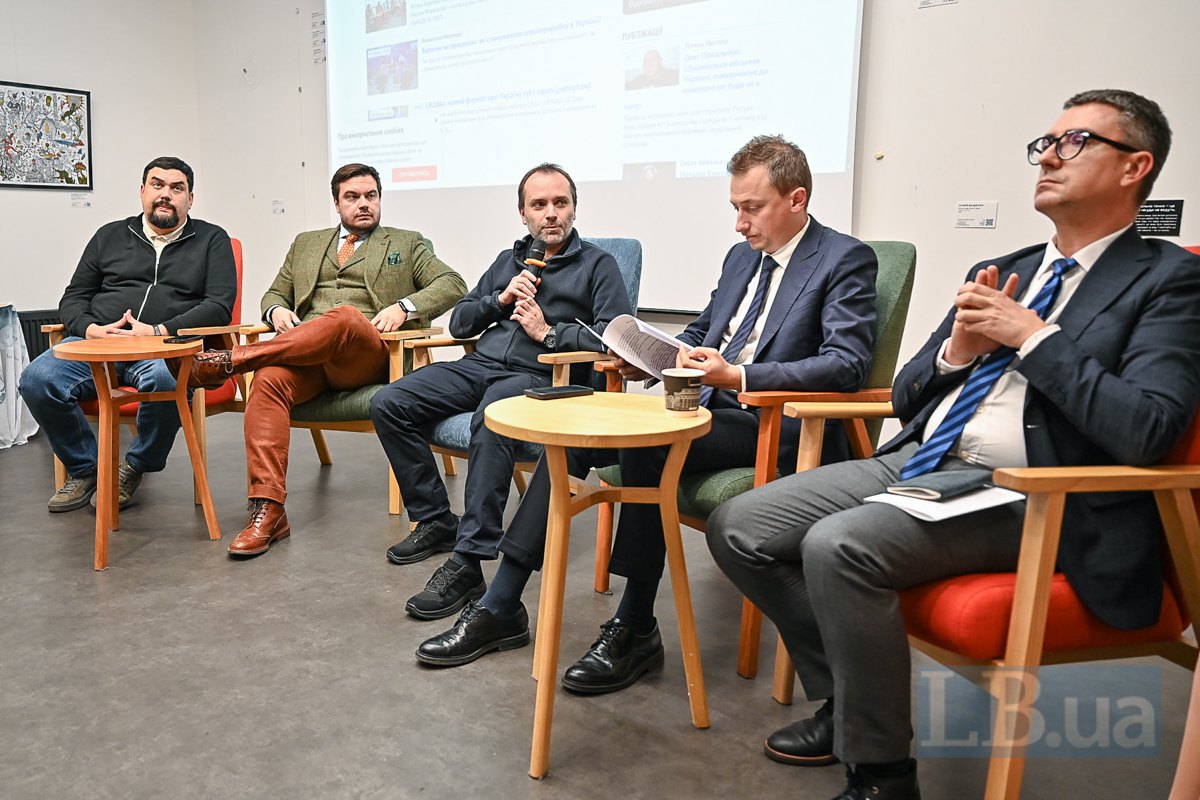
The Ministry of Economy’s standpoint
The initiative to increase tariffs for rail freight transportation is a necessary step, according to Minister of Economy Oleksiy Sobolyev. As a result of Russian aggression, freight traffic, which covered passenger transportation costs, has significantly decreased. Because of this, the state is forced to subsidise Ukrzaliznytsya from the budget, which effectively turns it into a PSO (public service obligation — Ed.), which the IMF is extremely sceptical about, the minister noted.
However, according to Sobolyev, changes to railway tariffs should be approached in a measured and careful manner, taking into account the specifics of the industry.
"The Ministry of Economy did not support the last tariff increase — 70% in 2022. The tariff collection (which determines the cost of transportation according to the classification of goods — Ed.) has not been revised since 2009. It seems to me that the situation now is so different from 2009 that it is simply strange to raise the price of transportation across the board. This does not correspond to reality.
We have a situation where, due to railway tariffs, part of the cargo is being transferred from rail to road [transport]. And the Minister of Infrastructure should say what is easier for them: to maintain roads or to subsidise railways," said Oleksiy Sobolyev.
According to the Minister of Economy, the increase in transportation costs may have a negative impact on some industries, such as the mining and metallurgical complex, leading to the shutdown of individual enterprises, which are already suffering from a lack of electricity and higher prices than their European competitors. And the increase in logistics costs is an additional burden.
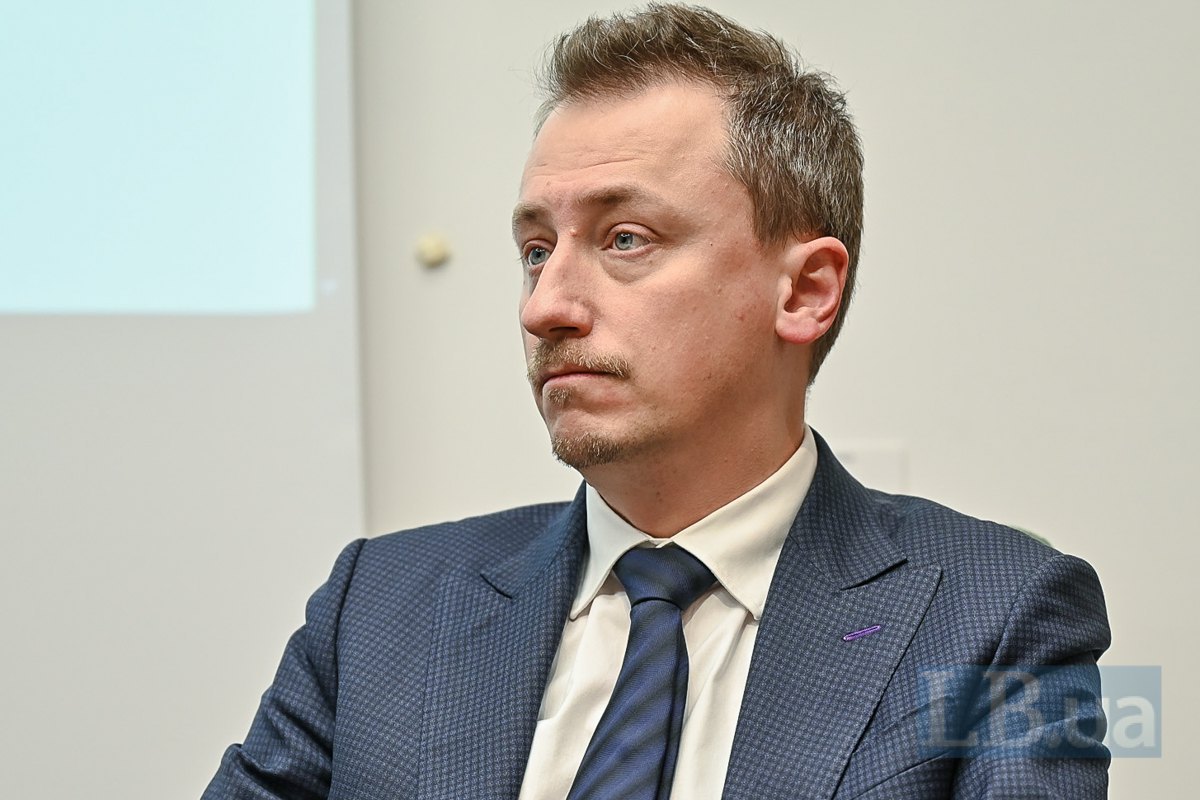
Moreover, for some industries, this burden is almost twice as heavy as for others due to the current tariff system, Sobolyev emphasises.
"Let's look at it from an agricultural perspective. For ore and agriculture, the tariff increase will add 600 hryvnya per tonne. For crushed stone, it will be, I don't know, 300 hryvnya. Based on the idea of fairness, why should agriculture and the mining and metallurgical complex subsidise builders? And where should the margin be?" notes the head of the Ministry of Economy.
"The same conversation is happening with mining and metallurgy. We are looking at the entire chain: from raw materials to steel production, processing, and product export. We need to understand everyone's margin in order to distribute these costs so that businesses do not shut down," added the minister.
In his opinion, the review of tariffs for rail freight transport should begin with updating the Tariff Book for a more equitable distribution among all industries.
"In our opinion, a simple general increase in tariffs may not lead to the desired effect — that Ukrzaliznytsya's costs are divided fairly among the industries. Some of the cargo will disappear due to the shutdown of enterprises. Some will switch to roads, so the railway will also lose out here... But we want the cargo to remain and Ukrainian railway to receive additional funds to cover production costs. If, as a result of the tariff increase, cargo leaves the railway, then obviously there is no point in this, right?" the minister emphasised.
In general, Oleksiy Sobolyev believes that without a balanced approach to changing tariff policy, different sectors will continue to compete in lobbying for their interests more successfully.
"But we have a shared railway. This is a problem of collective action. We need to solve it through joint ownership. Joint ownership is currently achieved through the budget. Perhaps there is another, more direct way for associations to own a share in Ukrzaliznytsya. And these would be their joint expenses," Sobolyev suggested.
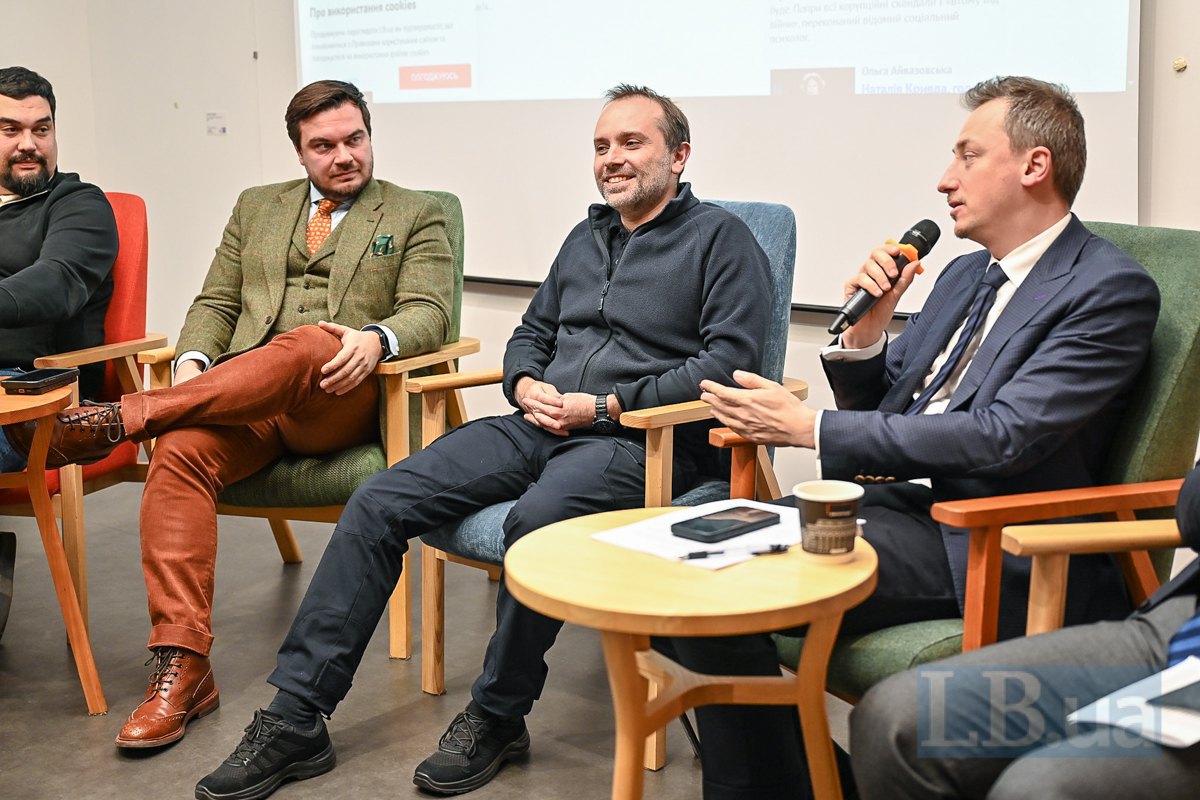
According to the minister, Ukrzaliznytsya is now part of the state's security infrastructure, so debates about optimising its operations cannot go on for a year — there are literally only a few months to find a solution. Otherwise, it will fall on the budget to "transport people, cargo and weapons." "Without this, the economy will grind to a halt," said Oleksiy Sobolyev.
Ukrzaliznytsya’s opinion
Ukrzaliznytsya came out with a reasoned position on tariff indexation in February 2025, said the company's chairman, Oleksandr Pertsovskyy. And the fact that they are staying at the old level at the end of the year has already saved manufacturers more than 20 billion hryvnyas.
"I would like to note that this was made possible thanks to the extraordinary efforts of ordinary railway workers, because while most companies indexed their salaries, railway workers' salaries were last revised in 2024. Today, it ranks 28th among manufacturing industries.
And the people who travel under fire, repairing the tracks around the mines so that the last tonnes of coal can be transported under enemy attack, the people of whom we have lost 948, are today among the lowest paid in the country. It is a completely unfair situation, but this is the price of saving money on logistics. Because, let's be honest, many manufacturers today have cheaper logistics per tonne than they did last year, for example, because some of the bridges have been repaired, making the routes shorter; railcars are not popular and are significantly cheaper. Therefore, logistics per tonne has become cheaper for many. But this comes at a price — ordinary railway workers," said Oleksandr Pertsovskyy.
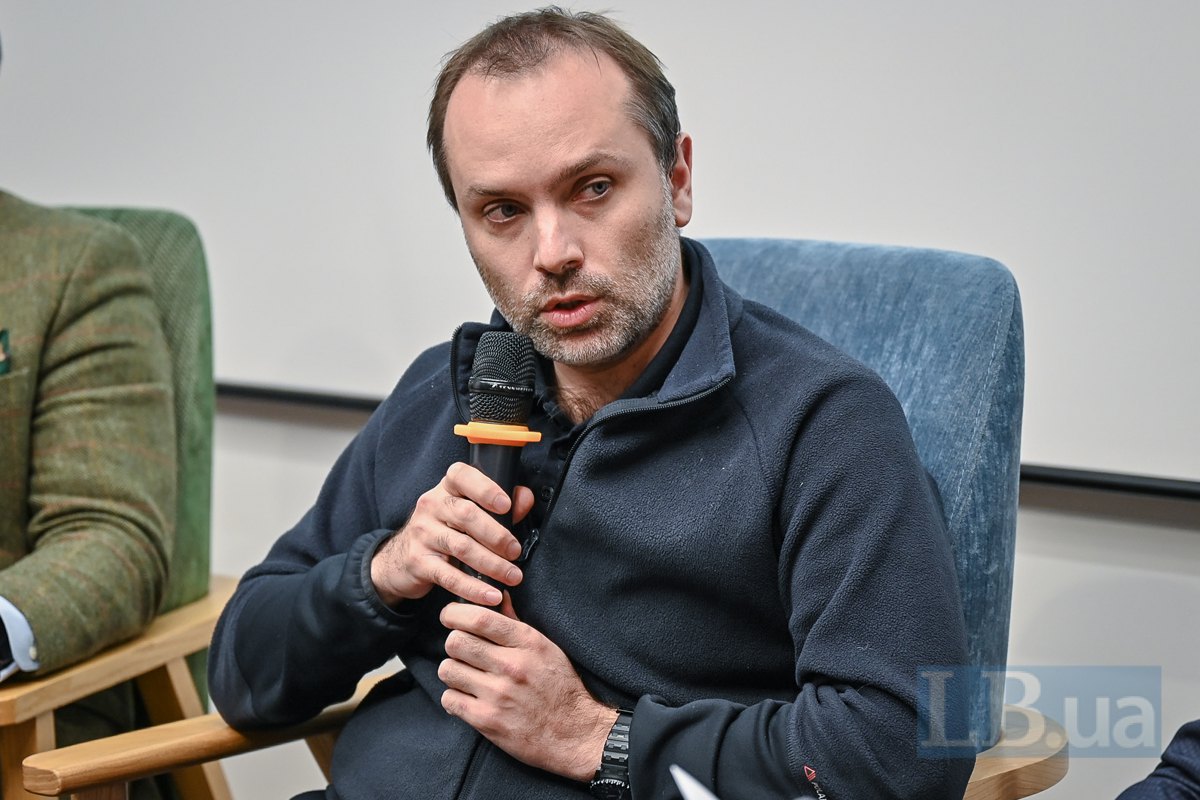
According to him, 50% of Ukrzaliznytsya's expenses are salaries for its approximately 170,000 employees.
Before requesting tariff indexation and applying for state support in the form of compensation for passenger transportation, the company implemented a number of optimisation measures, Pertsovskyy argues.
This applies, in particular, to the sale of scrap metal, a task set for the company by the Ministry of Economy.
"Everyone travels by train and sees that the carriages are rusting. We have billions tied up in scrap metal, and we have made a commitment to the government to sell this scrap for 2.5 billion in order to ask for less money from the state or to include it in tariffs. But what are the metallurgists doing? They are lobbying for the export of scrap metal. This is not right. The whole country wants to remove the barriers, but influential international players are trying to put them in place. (For every tonne of scrap that is not exported but is processed into steel within the country, the state budget receives eight times more revenue, according to experts' estimates. — Ed.)," Pertsovskyy noted.
Another unpopular move by Ukrainian railway is that next year, six railways will be merged into a single infrastructure operator to optimise administrative staff.
In addition, the company must reduce its expenses on excess assets to zero within two years, says the head of Ukrzaliznytsya.
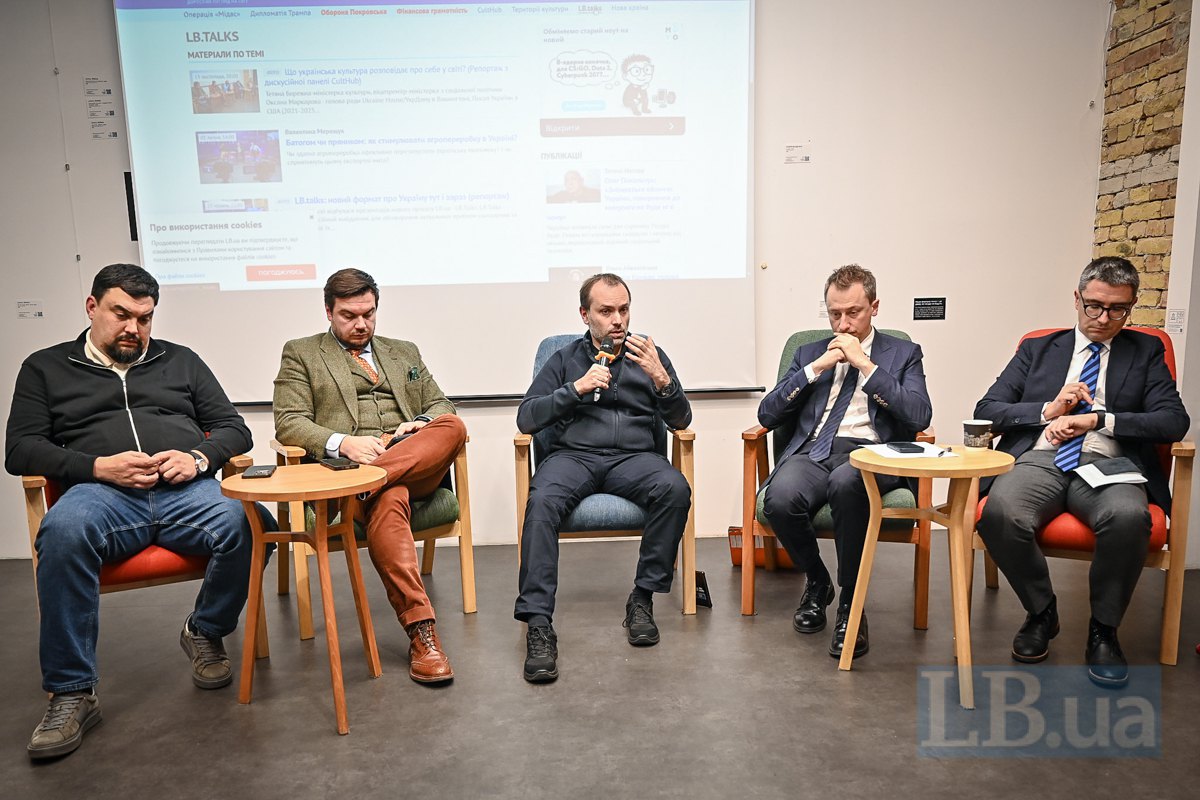
"2 billion hryvnya is the total cost of dormitories, where mainly internally displaced persons live. We still have three thousand people serving the Donetsk road. It is clear that they have to move somewhere, so we are accommodating them. And we have set ourselves the task of reducing the cost of surplus assets to zero within two years. We are constantly renting them out in all cities," says Pertsovskyy. Ukrzaliznytsya would gladly transfer some assets, such as the water pumping station in Dnipro, to the local authorities, but they are not very interested in unprofitable assets, he says.
In general, according to Pertsovskyy, all optimisation measures should cover 10.4 billion of the 48 billion hryvnya total liquidity deficit of the railway transport for the next year.
"This is not some kind of corporate problem; this is how the industry works. Because the costs are fixed. The last time passenger fares were revised was in 2021, freight fares in 2022, and the producer price index is over 200%.
We are taking on 10 billion... A fundamental change is that, for the first time, the state has recognised that the practice of cross-subsidising freight shippers for passenger transport is illogical and un-European, and this year we will receive up to 13 billion from the budget... Next year, we are talking about almost 16 billion to cover the operating losses of passenger transport, because the state is currently taking the position of not raising passenger tariffs during martial law. And this is understandable, because for many this is the last opportunity to travel to a frontline city, etc. Accordingly, the delta is the expected revenue that should be received due to the indexation of freight tariffs," explained the head of Ukrzaliznytsya.
In general, Oleksandr Pertsovskyy notes that the railway is ready to discuss how to redistribute the planned tariff increase between tariff classes or to unify them.
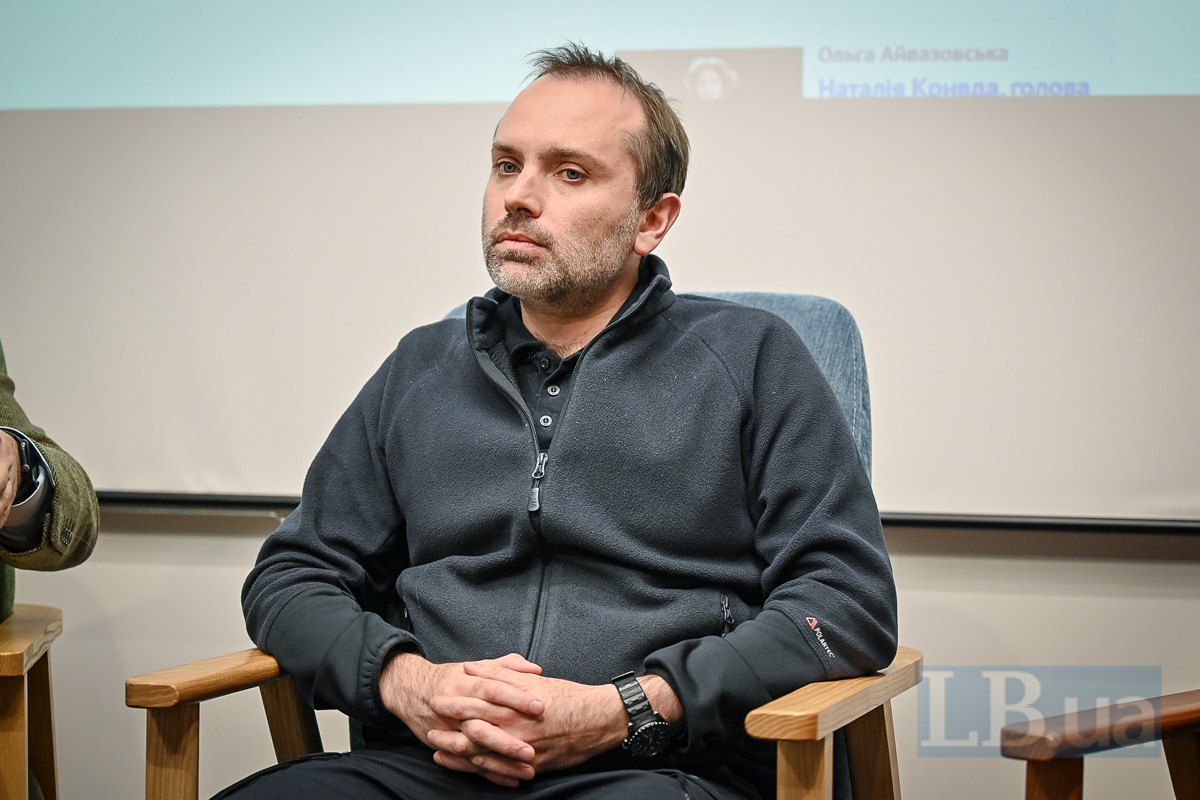
Ukrzaliznytsya submitted proposals for class unification five years ago, but unfortunately, they have been blocked. There is the highest class — fuel transporters, the middle class — mainly agriculture, and the lowest class — metallurgy and coal, etc. When it comes to unification, no one will lower prices, because then various authorities will come after us. Therefore, we can only raise prices to the highest class. Accordingly, those in the lower classes who will see greater growth are opposed to this. Not because anyone is bad, but simply because the price shock will be much greater for them," Pertsovskyy noted.
In addition, he adds, such a reform must take into account certain characteristics of the industries.
"If I were to put on the hat of a metallurgist, he would say: dear sirs, you (farmers — Ed.) certainly have a higher nominal tariff, but a farmer has one elevator, he loads it by railcar, a locomotive comes and pulls those two miserable railcars, and we, for example, a respectable company from Kryvyy Rih, load 60 wagons, and you can only transport them by electric train, directly to the ports, and the real cost will be different. So it's all a bit more complicated. Everyone manipulates something of their own, so they all need to be levelled out.
The truth is that the tariff needs to be levelled out, regardless of what is being transported; but at the same time, we need to look at who has what technology: transporting a large route train is different from transporting a single carriage. By the way, Polish railways have completely withdrawn from the business of single-carriage shipments. Not because it is unprofitable to pull one carriage from an elevator. They have completely refused to provide this service," said Pertsovskyy.
He agrees that a systemic reform of tariff setting is needed — it should be developed by the Ministry of Community and Territorial Development with the involvement of associations.
"The only thing is that this issue could take years to resolve: debating, organising working subgroups, holding conferences — and the railways may simply not survive until that bright day. And if a certain indexation is to take place, perhaps it will be in the form of a government mandate with a clear timeline for adopting changes to tariff regulation," said the head of Ukrzaliznytsya.
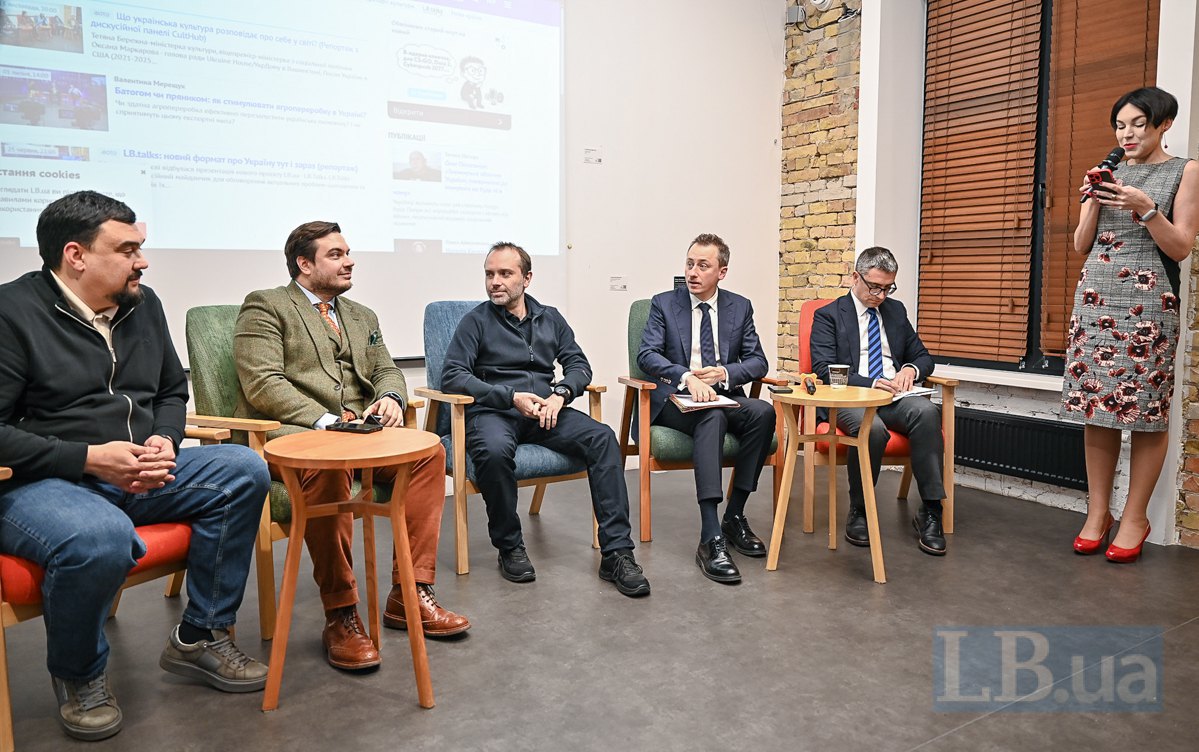
Business comments on Ukrzaliznytsya tariff setting
Logistics and transportation services account for 15% of the cost of agricultural production, says Oleh Khomenko, CEO of the Ukrainian Agribusiness Club. The increase in tariffs will actually affect the payment of taxes, rent, settlements with shareholders, etc., says the UACB representative.
"What farmers feel: in 2022, freight tariffs increased by 70%, but there is virtually no effect. That is, we pay extra money, but there is no effect. Now they will increase by another 30%. Where will the effect be? It is unknown," said Khomenko.
According to him, the discussion about raising tariffs began in November last year. At that time, farmers argued that a one-time increase was impossible because there are contracts that must be fulfilled. And there were no more consultations.
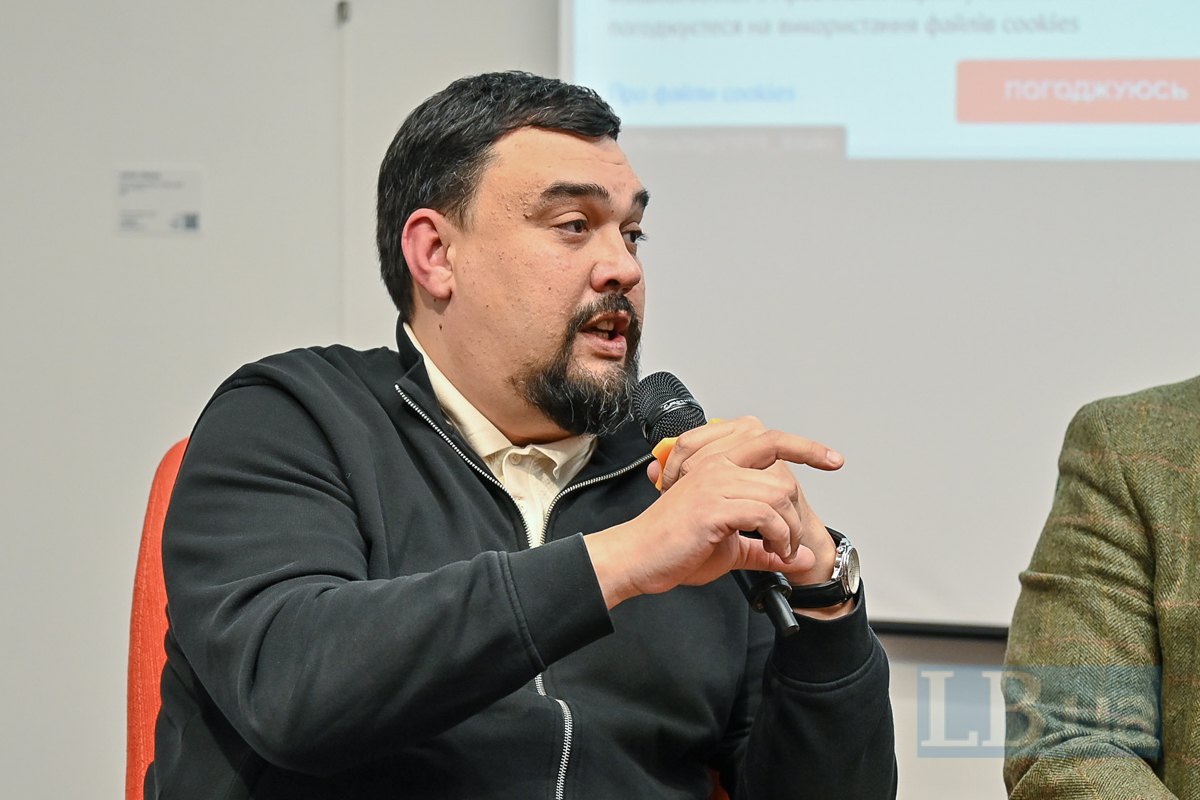
"Oleksandr [Pertsovskyy] said that railway workers do not want to subsidise anyone whose business is growing; other speakers argued that passenger transport should not be subsidised at the expense of freight transport. But we have a different question: we are actually subsidising freight, which is cheaper than agricultural transport. The cost of providing Ukrzaliznytsya's services is 50 kopecks per tonne-kilometre, while agricultural transport costs 54-55 kopecks per tonne, which is higher than the cost price. Let's look at metallurgy, ore, and coal. Coal, of course, has fallen out of favour, but ore is transported at 41 kopecks, and low-cost cargo is transported at 36 kopecks.
The most profitable cargo for the railway — petroleum products, which cost 70 kopecks per tonne-kilometre to transport — has effectively disappeared from the railway due to high costs. I hope Ukrzaliznytsya does not want the same thing to happen to agricultural cargo. A distance of 100–300 km is already acceptable for freight transport. The difference between 300–400–500 km is not really that big to put everything on wheels and go. Everyone will lose from this. The railway will lose along with its 170,000 employees. The freight base will be lost," explained the CEO of the Ukrainian Agribusiness Club in detail.
According to Oleh Khomenko, the capacity of Ukrainian agricultural production — due to the loss of arable land as a result of the occupation — is limited to 90 million tonnes, taking into account maximum historical yields. In other words, he adds, the cargo base is already shrinking due to the current situation. Another limiting factor is global food prices. "If Brazil or Argentina have a bumper harvest now, no one will need Ukrainian corn," said the UACB representative.
Therefore, Oleh Khomenko emphasises, farmers insist that the first step should be to bring all transportation costs to cost price: "We all pay 50 kopecks and go. And then we'll see who is travelling on which routes, who is sending route trains, who is sending 20-30 carriages.”
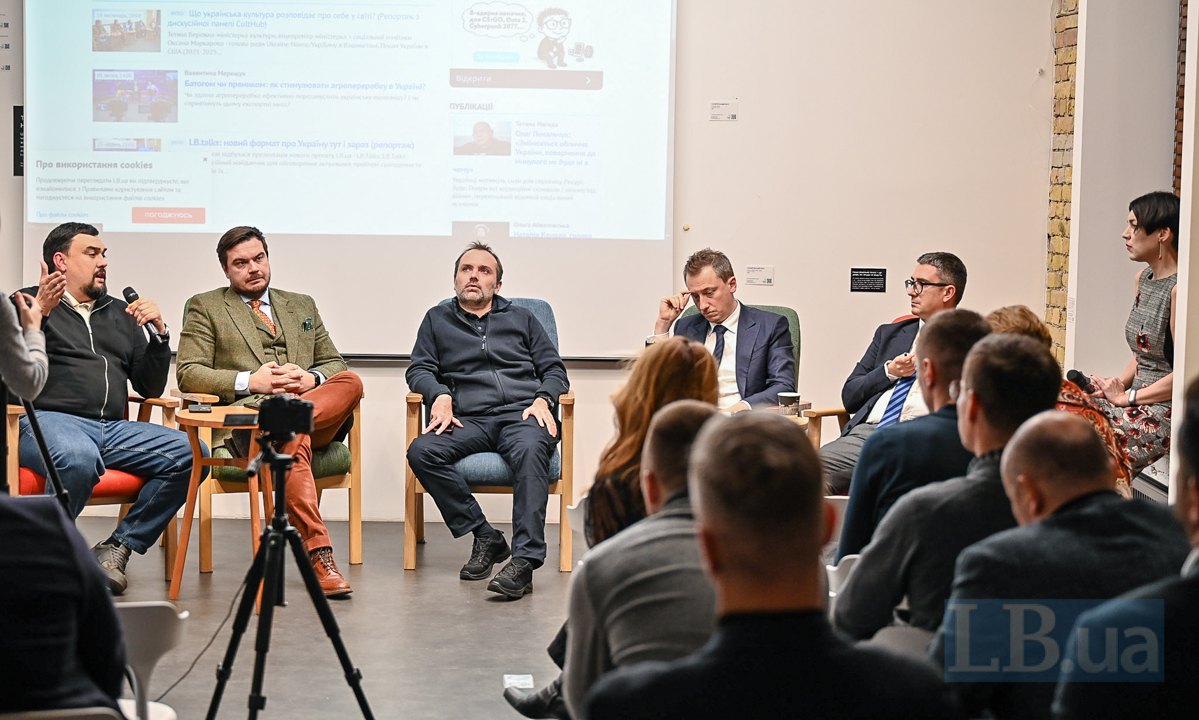
"Farmers are not against Ukrzaliznytsya. On the contrary, the railway is our partner. But this is about fairness, because the last few business areas that are surviving and working are being plucked again, and the rest will take advantage of this.
We are in favour of dialogue and fairly set tariffs. We will support this, we will support Ukrzaliznytsia, but we want to see transparency. And if the first stage of tariff increases takes place on the first of the month, let's not move on to the next one until we have resolved all these issues," said Oleh Khomenko.
Serhiy Velmozhnyy, a member of parliament from the Dovira group and a member of the transport and infrastructure committee, added to the list of comments to Ukrzaliznytsya. He noted that he receives many appeals from businesses in eastern Ukraine and frontline territories: people, according to him, complain that some travel shorter routes, while others travel longer routes and therefore have higher fares. Or the weight of the cargo is the same, but the prices are different.
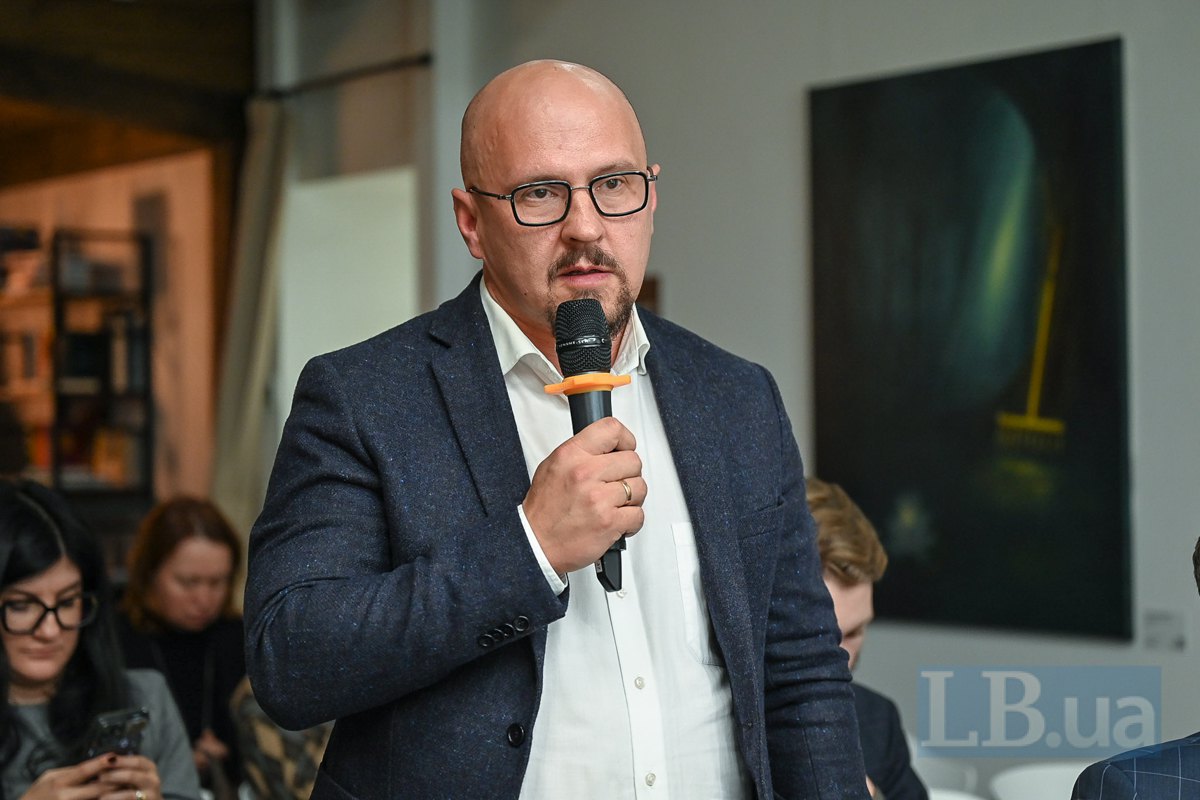
"Nowhere else in the world does one industry pay for another. I am talking about the agricultural sector and ore/coal. This is clearly unfair... Why should one business pay for another? If we have a market economy, this is a very strange situation. If the trains are the same and the infrastructure is the same, why should the price be different for different industries?" — said Oleksandr Kachura, a member of parliament from the Servant of the People party, in support of the business community.
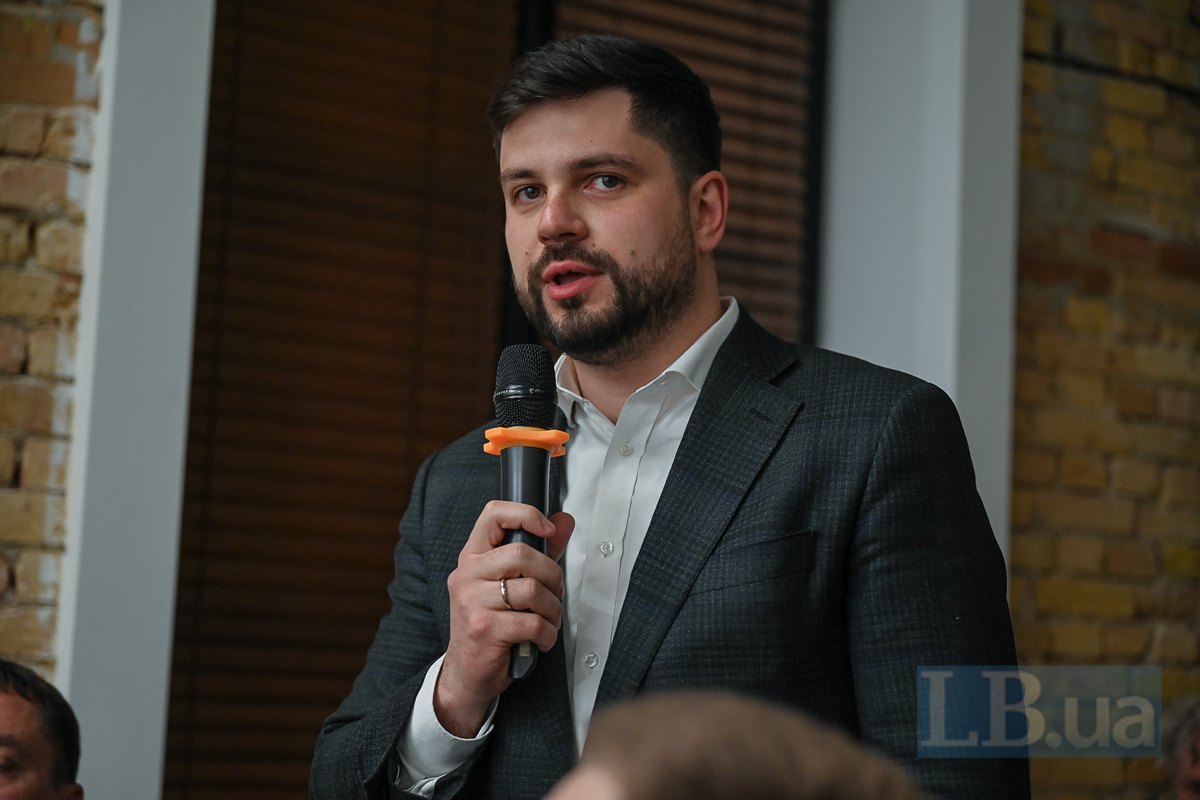
Vadym Kotenko, head of Kernel's railway logistics service, pointed out another tariff imbalance.
"For a year now, we have been raising the issue of tariffs for specialised containers, which are not even provided for in the 2009 Tariff Book. Today, the railway charges the cheapest rates for them. In other words, Ukrzaliznytsya charges at its own discretion for specialised containers that are not provided for in the Tariff Book. This creates an imbalance. These specialised balcony containers are used to transport grain. Why should someone travelling in a grain car pay for someone travelling in a container? The difference is very significant. And each tariff indexation only increases and exacerbates this problem. This issue needs to be resolved urgently," Kotenko stressed.

Freight transport can no longer subsidise passenger trans port
The volume of freight transport by Ukrzaliznytsya has fallen by 50% since 2021, from 300 million tonnes to 164 million, according to Dmytro Natalukha, a member of parliament from the Servant of the People party and chair of the Verkhovna Rada Committee on Economic Development. In his opinion, raising freight tariffs will reduce the freight base even further: some manufacturers will look for alternatives, such as road transport, while others will cut production.
"This means that Ukrzaliznytsya will receive less money. And we will be forced to find even more money from the budget [to cover passenger transportation]," the MP outlined the possible scenario.
In addition, he noted that 63% of the tracks generated 13 billion in losses, which indicates the inefficiency of the railway.
"This needs to be modernised. To modernise, additional funds are needed. We simply do not fit into the model that we have, to which we are accustomed and which we have inherited," Natalukha is convinced.
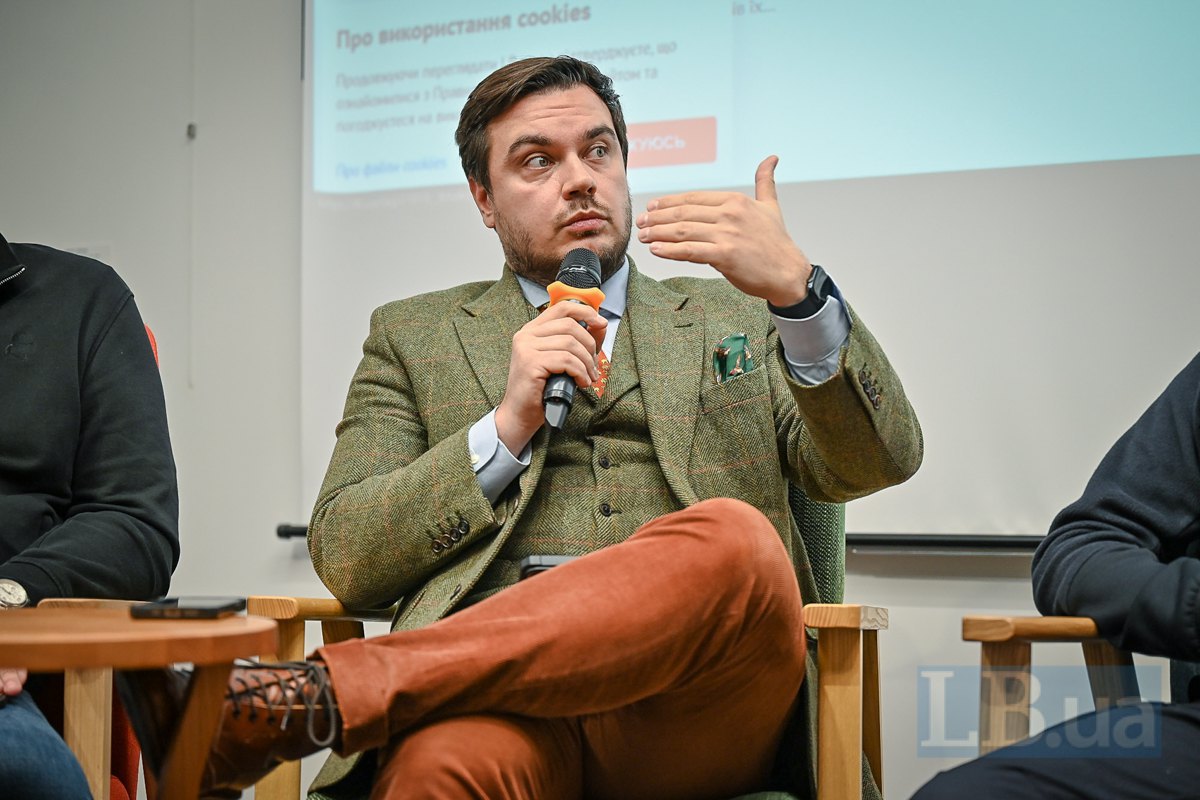
In his opinion, Ukraine should consider the American approach to railway development, where passenger rail transport is virtually non-existent.
"In 1956, under Eisenhower, the Federal Aid Highway Act was passed, whereby the government, together with the president, simply squeezed the railway out of the US passenger transport structure. They determined that the engine of economic growth at that time would be the automotive industry, and that Americans would use their own transport for private passenger transport. Then Chrysler, General Motors, Ford, and other companies received extraordinary subsidies, and inter-state bus lines received significant preferences," said the MP. The same story applied to the development of airlines and aircraft manufacturing. Accordingly, from 1956 onwards, passenger rail transport in the United States began not only to stagnate, but actually disappeared.
And talk of 16 billion in compensation from the budget for Ukrzaliznytsia's passenger transport every year, Natalukha notes, simply does not fit with long-term prospects.
"Unfortunately, in my opinion, we need to come to a similar decision. I'm not saying we should just copy them, but we should figure out which industries will be the drivers of the Ukrainian economy during wartime and especially after the war. Can this industry replace railways in passenger transport? And make a decision that's obviously unpopular but strategically correct," the MP said.
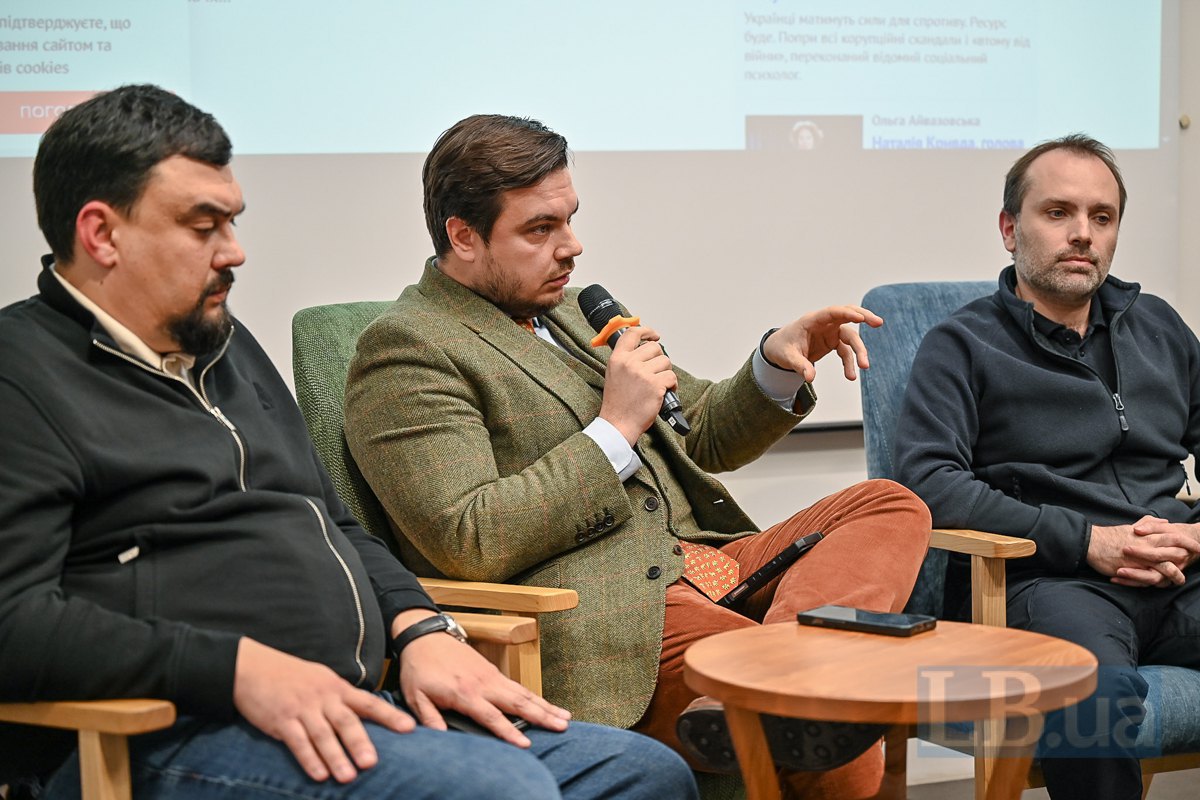
In the United States, this path was also difficult, Natalukha added, as it was fraught with fierce protests from trade unions, but the authorities reversed this trend by focusing on clear communication, such as: we want everyone to become car owners, so cars will become cheaper for the population and air travel will become more affordable.
Freight transport will no longer be able to cover passenger transport, and this issue will not be resolved by a line in the budget, the MP emphasised.
While Americans drive cars, Europe is focusing on the development of passenger rail transport, replied Oleksandr Pertsovskyy, chairman of the board of Ukrzaliznytsya, citing the examples of France, Germany and Poland. However, he agrees that Ukrzaliznytsya cannot "support the entire network today".
"There are indeed so-called low-activity stations and corridors. But this has to be a government decision, because Ukrzaliznytsia used to close certain stations at its own discretion, calling them low-traffic, and then reopen them for a certain amount of money. This really has to be a government decision, because it's not just passengers who can suffer, but also small grain elevators, which are not economically viable to travel to. In other words, the network definitely needs to be optimised, but with safety considerations in mind. That is why today, precisely because the network is somewhat redundant, we continue to move forward when a bridge or a section of road is destroyed; we simply take a detour," said Pertsovskyy.
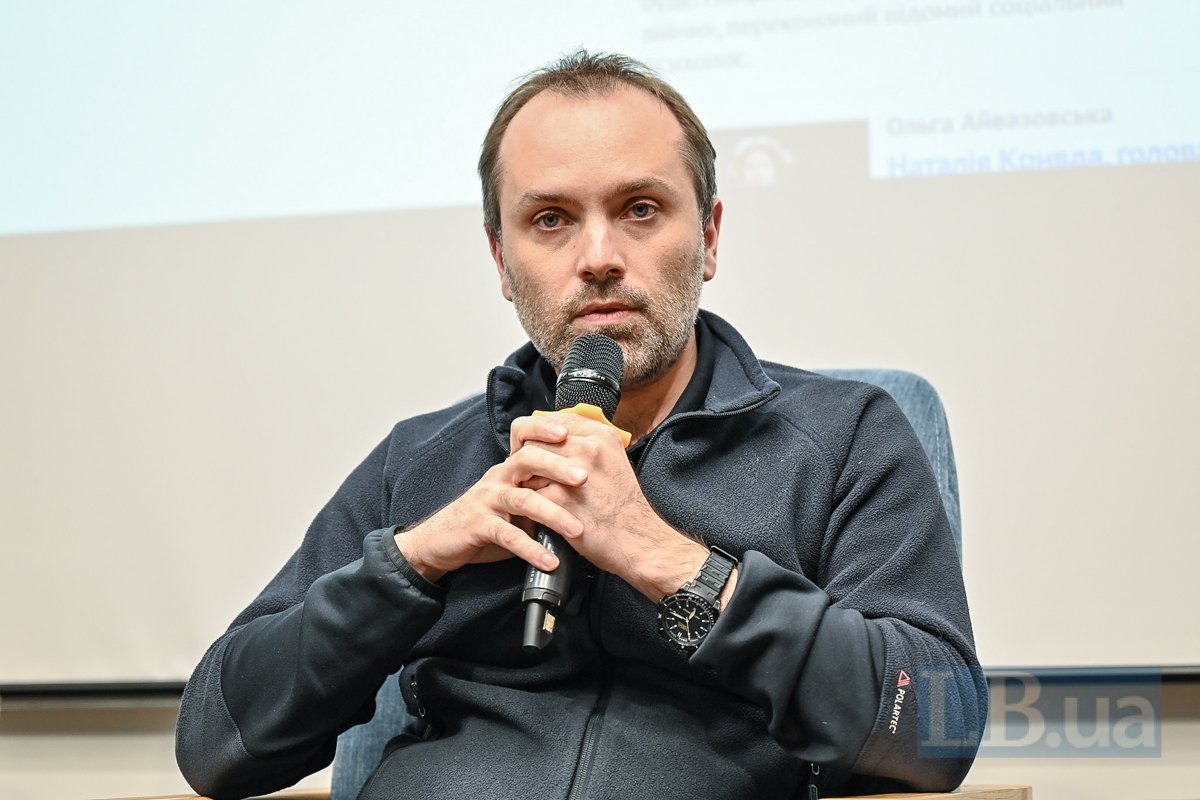
Without transport policy, only lobbying will work
According to the company's presentation, the financial situation of Ukrzaliznytsia cannot be described in any other way than with "four letters that make up a well-known word," noted Hlib Vyshlinskyy, director of the Centre for Economic Strategy. And the risks involved in the railway industry are significantly greater than in metallurgy or agriculture.
Therefore, according to Vyshlinskyy, it is time to seriously discuss strategic solutions to problems "in order to stop doing it manually." A strategy is needed with a clear division between the war period and the post-war period, he says.
"But now, what strikes me is that the discussion is at the level of who will outmanoeuvre whom: conditionally, Akhmetov, Verevsky plus metal, their other companions in the industry, or 170,000 Ukrzaliznytsia employees.
And instead of having some kind of model, the government is determining who has outmanoeuvred whom. Transport policy in the new mega-ministry (Ministry of Community and Territorial Development — Ed.) has been lost. It has become less about infrastructure and more about regions. As a result, we are lagging behind in adopting legislation to regulate rail transport, as reflected in the EU enlargement report," said Hlib Vyshlinskyy.
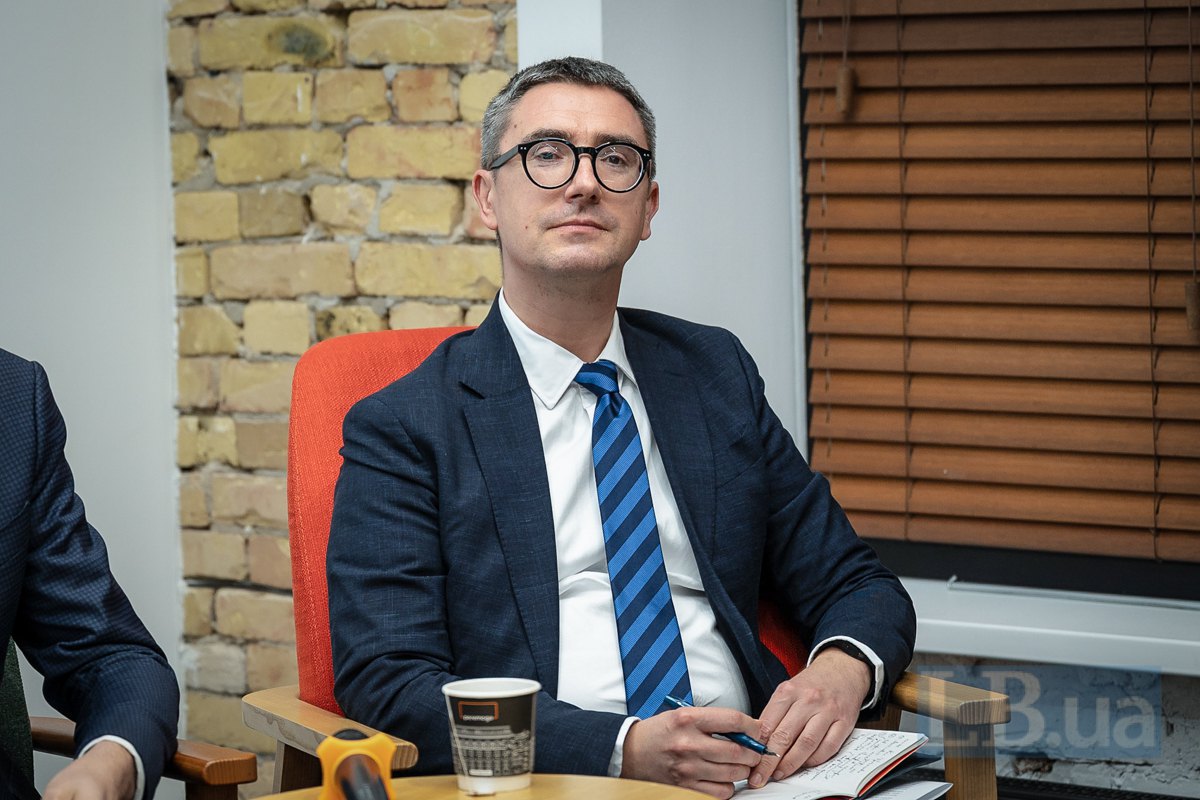
He recalled that for decades there have been discussions about an independent regulator that would determine tariffs based on a sound model, rather than "let's just multiply everything."
"Again, I am surprised that with such a high level of human capital, the authorities do not have this model and there is no institution," Vyshlinskyy noted. "And the issue of opening the freight transport market has also been discussed for a long time. Perhaps a certain balance would indeed be achieved by the participation of associations in the ownership of Ukrzaliznytsia. Businesses will participate in the freight transport market, and perhaps they will also have their own interests here."
For now, the director of the Centre for Economic Strategy considers the transition to flexible pricing together with the PSO model to be a step that will help smooth out distortions and injustices.
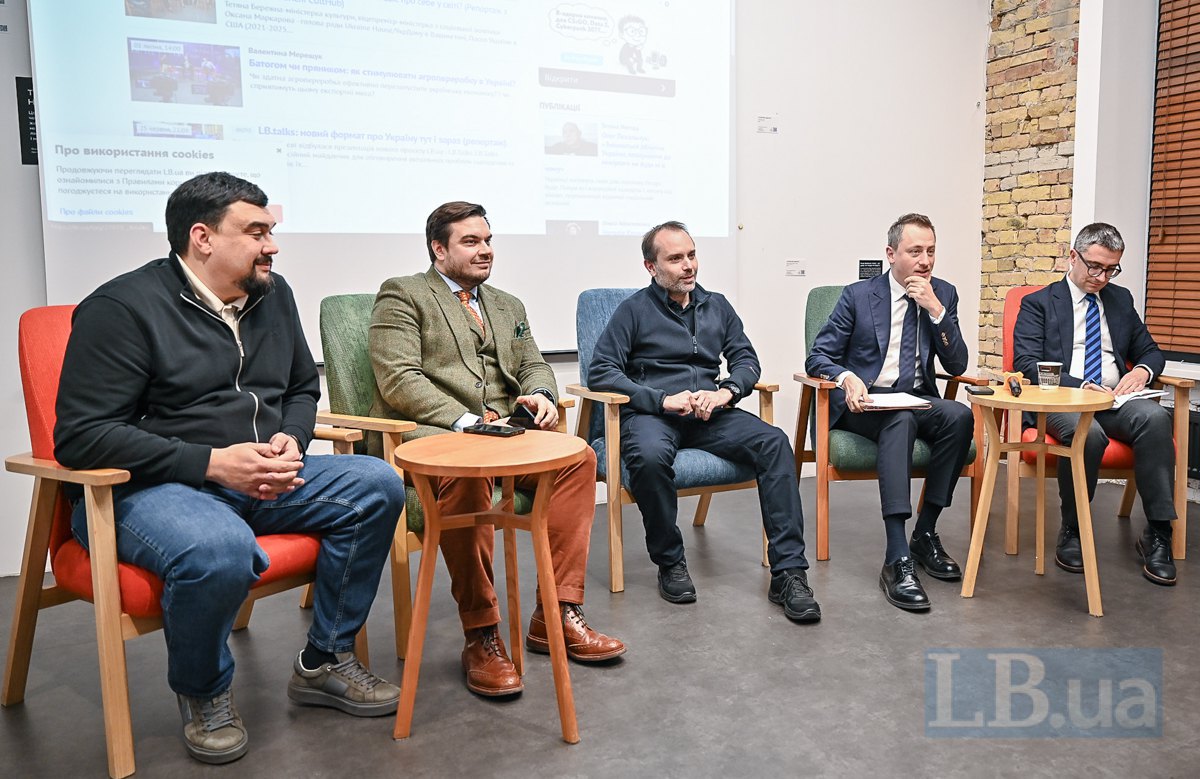
What the parties agreed on during the discussion:
- The business community proposes to bring all classes of freight transport to cost price. It is open to dialogue on the introduction of fair tariffs.
- The Ministry of Economy supports the revision of the Tariff Book for a more equitable distribution among all sectors.
- Ukrzaliznytsia is ready to discuss the redistribution of the planned tariff increase among tariff classes. The tariff reform should be proposed by the Ministry of Economy and the Ministry of Community and Territorial Development with the involvement of associations and a clear timeline.
- The Ministry of Economy acknowledges the gap in the current pricing system. In addition, there are questions about the methods of determining routes and the unequal conditions between ports. Changes to the tariff rules should address these issues.
- The Ministry of Economy also agrees that there are certain tariff distortions between grain carriers and bulk carriers, which also transport grain but are charged at the minimum rate. The solution should be developed by the Ministry of Community and Territorial Development.
- The unprofitability of passenger transport has become evident. This requires strategic decisions and the development of a sustainable financing mechanism.
- Ukraine still does not have a transport policy. It should be proposed by the Ministry of Community and Territorial Development. Then there would be a sound model on the basis of which an independent regulator would determine tariffs.








